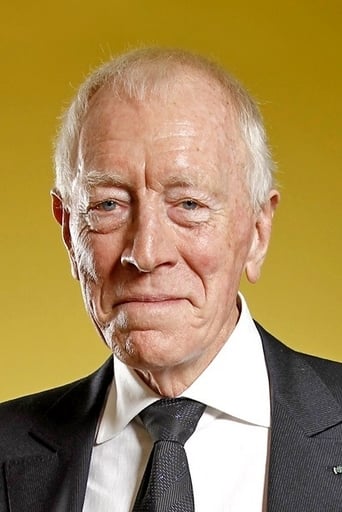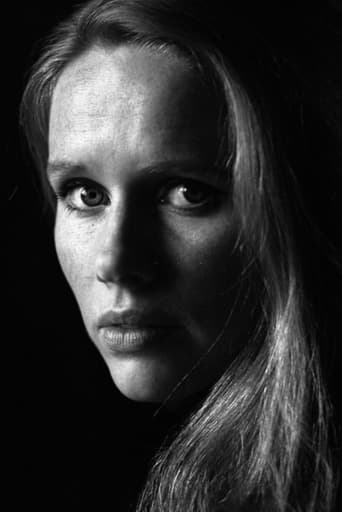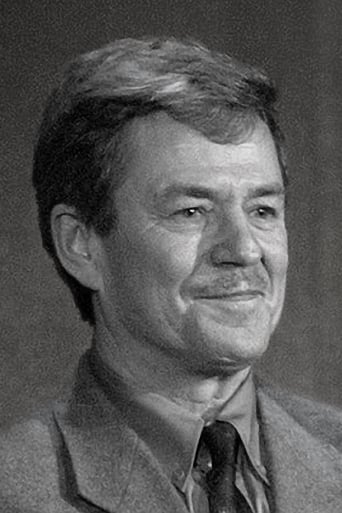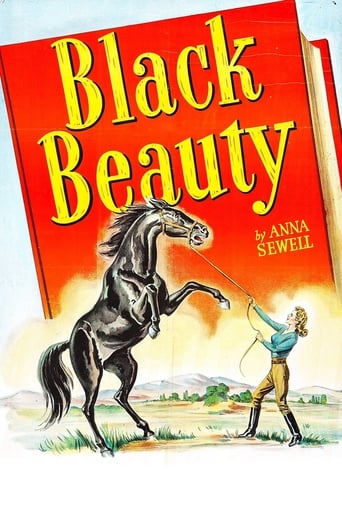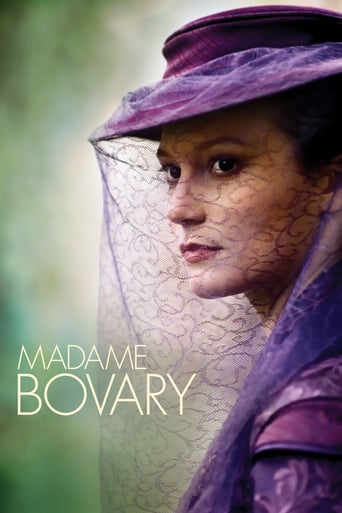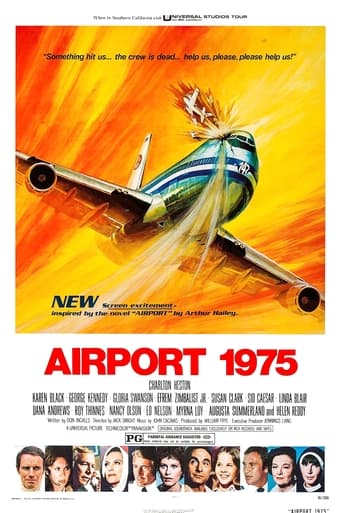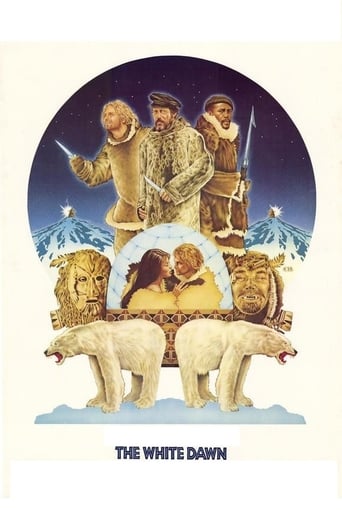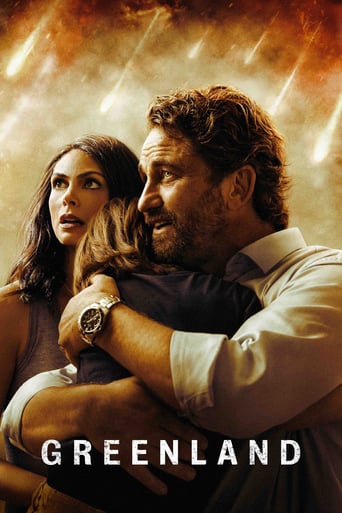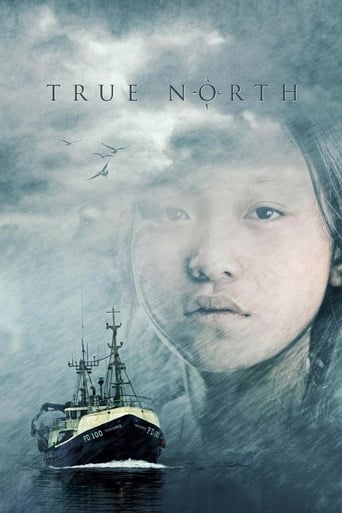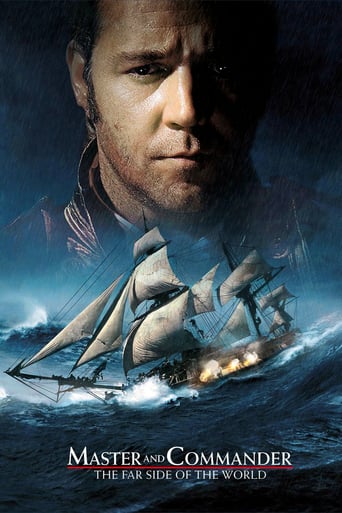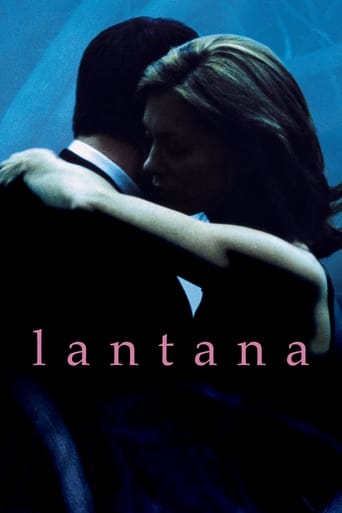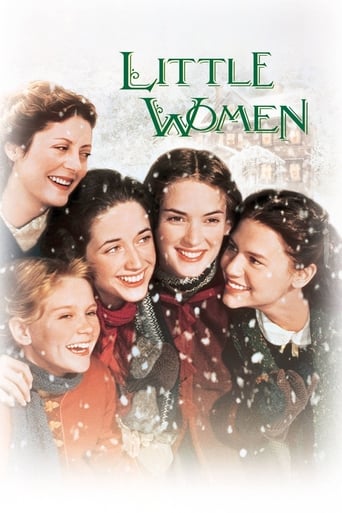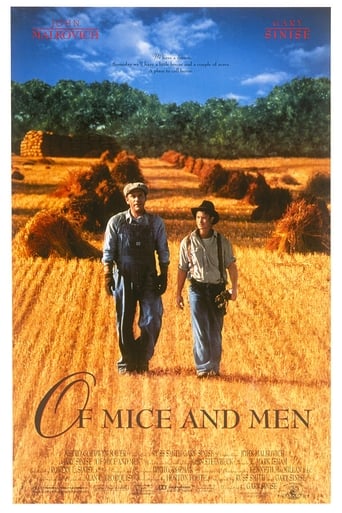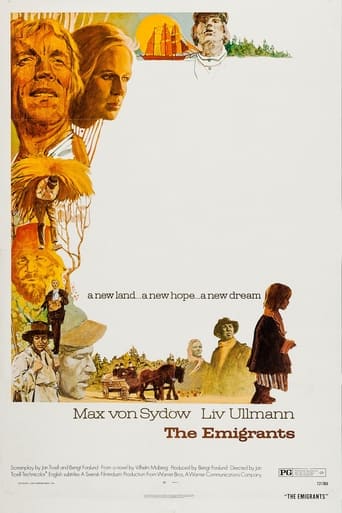
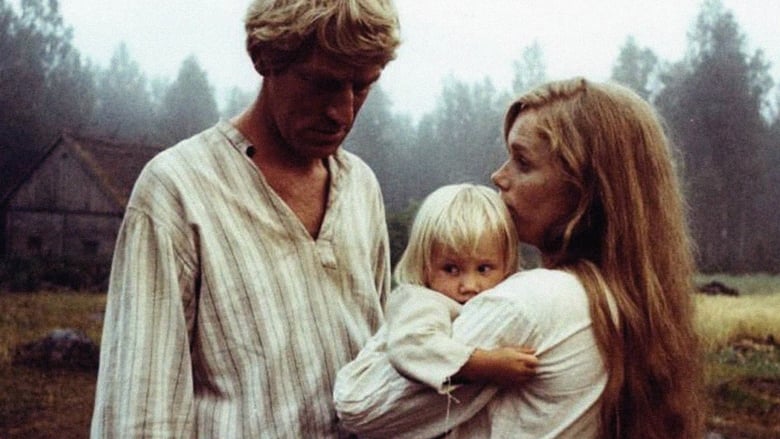
The Emigrants (1972)
A Swedish peasant family, ravaged by poverty, privation and misery in mid-19th century Sweden, set out on a perilous journey to America in hope of a better life.
Watch Trailer
Cast


Similar titles
Reviews
Swedish filmmaker Jan Troell's categorical pièces-de-résistance, a diptych, 7-hours long saga based on his fellow countryman, the literature titan Vilhelm Moberg's THE EMIGRANTS ensemble. Divided into THE EMIGRANTS and THE NEW LAND, this 19th-century epic holds a dear look at the travails of an ordinary Swedish household, the Nilsson family, resides in the Småland hinterland, when (mostly natural) adversity mounts against their livelihood, the eldest son Karl Oskar (von Sydow) mulls over the prospect of emigrating to the United States. A proposition deprecated by his wife Kristina (Ullmann) initially, but when poverty and hunger is aggravated by the premature death of one of their brood, she eventually accedes, joining their emigrating pack are Karl Oskar's younger brother Robert (Axberg), his farmhand friend Arvid (Lindstedt), the family of Kristina's uncle Pastor Daniel Andreasson (Edwall, a straight-up hard-hitter, brilliantly bringing about an air of smug virtuosity that treacherously verges on hubris), who is at loggerheads with the supercilious local parish clergy for preaching to the fallen ones (viz. those who are deemed not worthy of Christian gospel), among whom a former prostitute Ulrika (jazz chanteuse Monica Zetterlund), now a reborn woman, also partakes in the trek with her teenage daughter Elin (played by Monica's own daughter Eva-Lena Zetterlund). THE EMIGRANTS itself can be bisected into two halves, before and after the family's embarkment for the state of Freedom, during the former, Troell introduces the hardship and inequity (religious parochialism and mistreatment) with a pastoral equanimity (occasionally lard with invigorating drumbeats) and purveys his main characters with sufficient impetus for their longing for a reset button in an idealized country where everyone is (purportedly) being treated equally and fairly, especially for the young Robert, it is the California gold rush beckons him, and supports him against the cavalier abuse he receives on a daily base when working as a farmhand. Once their journey kick-starts, a looming nostalgia begins to sweep the cohort, Troell (who is also presiding over the cinematography department) fixes the valediction shot with a subdued solemnity, no goodbyes, tear-infused eyes, lingering looks are deployed, just a long-shot of the elderly parents seeing their children off in front of their house, incorporating the place into their final adieu, and the impact is ineffable. Tellingly, THE EMIGRANTS' most accomplished passage is the ten-weeks trans-Atlantic voyage on a wooden brig, and Troell valiantly re-enacts its sordid state of affairs with swingeing maritime verisimilitude when most passengers are fallen victims of sea-sick, life is snuffed within a two-by-four space, by scurvy or even quinsy (a pertinent reference to today's illegal immigrants' ordeal on the sea). Here Liv Ullmann holds court in two magnificent scenes, one is Kristina's altercation with Ulrika, both actress are emotively unsparing, and letting out their prejudice and retorts once for all, which also presciently serves as a catalyst for their eventually best-friends transition; the other is when Kristina, apparently in extremis, exchanges with Karl Oskar their fondness, as if for the last time, by confessing that they are each other's best friends, a superlative affirmation that true love does exist thanks to the two players' most poignant delivery. Once the survivors touches the terra firma but incognita, they are still miles away from where they will start life anew, hopping on the train and later a steamer, than on foot, when they finally reach their destination in Minnesota, their first dream is dashed by a boastful liar who never expect his lie will be debunked in his face, and THE EMIGRANTS finishes when Karl Oskar finds their new land under their new identities, American homesteaders. Right picking up where its predecessor leaves, THE NEW LAND takes place entirely in the new land, where the Swedish emigrants forming a somewhat enclave, mostly living among themselves, which brings about a problematic issue about the story's sense of locality and Troell's inaction of alleviate this anonymity, if it is not for the random appearances of the indigenous Indians, one can safely surmise that the household is still live in their homeland, with very similar sylvan exuberance and harsh winter-time, and not much foreignness to interact with, in a way, it takes the shine off one of the story's focal points: displacement. Yet, what THE NEW LAND excels in, is that oater flashback of Robert, who manages to stay alive just long enough after a futile gold-digging attempt with Arvid, a sounding slap in the face to the wide-eyed daydreamers, the pair is saddled with the same drudgery and hardship (not to mention Robert's potluck is rooked by deception) that ultimate will cost them both their young lives, here Troell launches a more hallucinogenic experiment in accentuating the pair's delirium and exhaustion when wandering in the desert, to admirable effect. Eddie Axberg has weathered convincingly in honing up Robert's tale of woe, and his final resignation with fate effectually brings a lump in one's throat. Life goes on, as Karl Oskar's household finally prospers, a God-fearing Kristina turns out to be benighted enough to risk her own life for the sake of procreation, indoctrinated as a wife's sacrosanct duty, even after receiving the doctor's warning that another pregnancy would become her undoing, together with a less disinterested depiction of a wanton slaughter during the Sioux Uprising, by suggestion that it is at the expense of those white homesteaders' hospitality upon which the Indians conducts their retaliation, THE NEW LAND's luster starts to ebb away, notwithstanding a show-stopping Max von Sydow consistently radiates with plebeian bonhomie, sympathy and mettle from stem to stern of the entire roman-fleuve.
One of the few foreign language films to be nominated for Best Picture at the Academy Awards (it didn't win, of course), The Emigrants tells the story of the hardships a family faces in a rural county of Sweden, causing them to look to America as a refuge. What's interesting about The Emigrants is that the film is Swedish- you wouldn't necessarily expect the Swedes to make a film about how awful Sweden is and how great the United States is. But, using a realistic and not melodramatic approach, the film lets us know what the family is struggling with and allows us to understand them.The characters, played by Ingmar Bergman regulars Max von Sydow, Liv Ullmann and Allan Edwall, face poor harvests, starvation, poverty, religious persecution and even false rumours of bestiality. They look to the US as a place where a farmer can become rich, with even American slavery looking better than their previous situation. Getting to North America, however, will take a rough voyage in which our heroes will face disease, lice and death, and come into psychological conflict with each other. This makes for a strong drama.Surely one of the best foreign films of the 1970s and a great addition to the strong cinematic year 1971, The Emigrants is an understated but still compelling film, and I look forward to The Criterion Collection's restoration.
Jan Troell, has truly captured the feeling of what inspires people to emigrate and the subsequent hardships that await in the land of hope. True masters of the craft, Sydow and Ullmann, are superb in their performances. They truly pull you into the time, the frame of mind and thus make you feel like you are sharing their voyage. A great film that is everything a film should be - moving. It is a mystery why this film did not win an Oscar for best foreign picture, best actress and best actor - though with all fairness, with both Caberet and The Godfather in the running, it would have required a miracle. If you should have the luck of stumbling onto this film at a rental shop, thank Fellini's ghost - grasp it and head for the check out.
I just want to thank my grandmother (my mother's mother) for buying these four novels some time during her long lifetime and letting me inherit them after her death three years ago. Even though I haven't read all way through them since 2000, I still appreciate having them in my collection, and Grandma even saved me some bucks by letting me inherit her copies. I might also add, that these books were among the few ones, that her husband (my grandfather and my mother's father) ever even looked into, according to Mum. Vilhelm Moberg sure is one of our greatest writers over here in Sweden of all time. If we move over to the movie, it's really good at following the books. I hate it when film-makers do unnecessary changes in the story, when they turn novels into movies. But fortunately, Troell actually followed the books really well. And I really understand, that Vilhelm Moberg wanted him and no one else to make these novels into movies.The first movie, "Utvandrarna" (The emigrants), is thus a really great movie adaption of the two novels "Utvandrarna" ("The emigrants") and "Invandrarna" ("The immigrants"). It's about how some people from Småland in Sweden decide to emigrate to America in the year 1850. We have Karl Oskar Nilsson, who decides to move to America with his wife Kristina and their children and his younger brother Robert. Even though Kristina was reluctant to leave Sweden, Karl Oskar convinces her to emigrate after their oldest daughter dies, so that the rest of the children can have better lives. Robert is forever marked by how he was treated by his master, when he was a farmhand, and wants to leave for the free country in the west, where servants can't be treated badly. Robert's friend Arvid is accused of having sex with a cow and wants to get away from that nasty rumor and follow Robert to the golden land in the west. Kristina's uncle Danjel and his wife Inga-Lena has to flee Sweden because of religious reasons. The former prostitute Ulrika and her illegitimate daughter Elin don't have anything to lose either. Jonas Petter, a neighbor of Karl Oskar and Kristina, just wants to get away from his unhappy marriage. After a hard journey over the Atlantic, these people come to Minnesota, where there already are a lot of Swedish people.The story is continued in the movie "Nybyggarna" (The new land).


